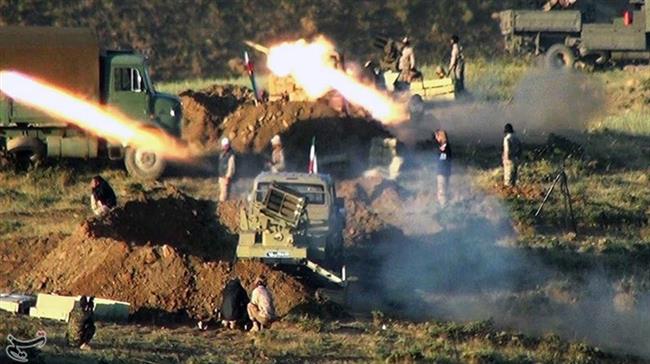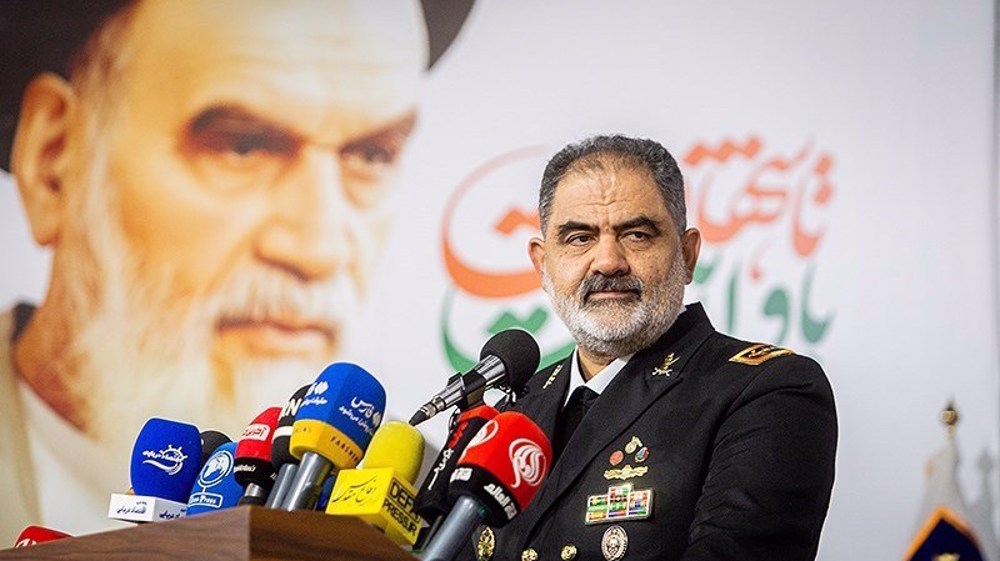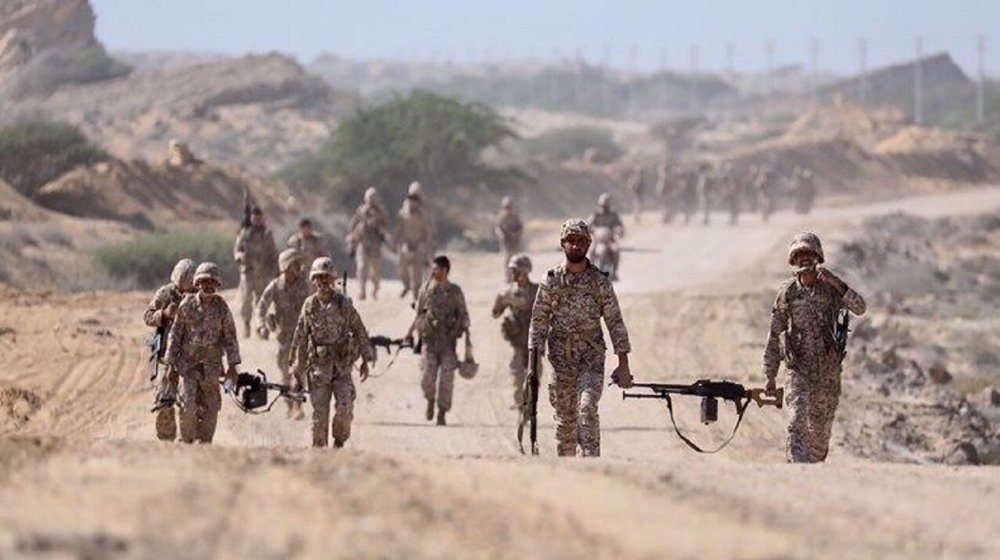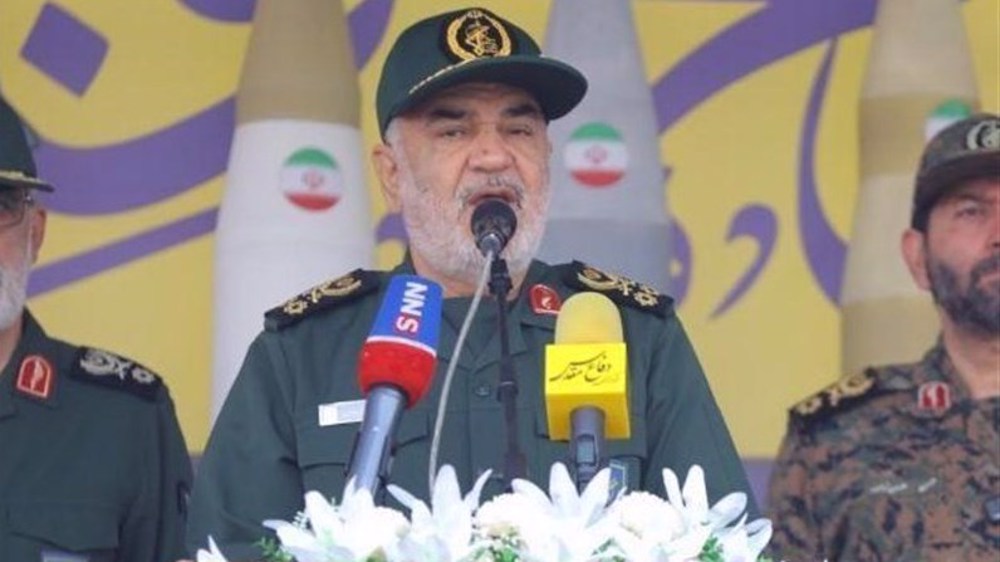US afraid of Iran’s return to world’s military export market: Ministry
Iran says its potential for military exports far outweighs its purchase requirements, noting how the United States is afraid of the Islamic Republic’s tapping the export market now that Tehran has had an arms embargo lifted against it.
“Iran possesses more export potential rather than being a market for purchase [of arms],” Foreign Ministry spokesman Saeed Khatibzadeh told a press conference on Monday, reminding that 90 percent of the country’s defensive needs are being manufactured indigenously.
“What they (the Americans) are afraid of is Iran’s comeback to the expansive armaments technology and export market,” he added.
The remarks came a day after 13 years of prohibition on the Islamic Republic’s trade in conventional weapons ended in line with a provision included in the country’s 2015 nuclear agreement with world powers.
Khatibzadeh called the development a “great victory for the resistance and the Iranian nation.”
He recalled how Iranian diplomats persisted during the talks leading to the nuclear deal’s conclusion on the inclusion of the issue of the embargo in the terms of the agreement.
This is while the US and its allies -- the UK, France, and Germany -- were essentially opposing the existence of any such provison in the nuclear deal that would foresee the removal of the arms ban.
“These restrictions ended yesterday forever,” the spokesman said, but noted that Washington would keep up its pressures, not only in the area of weapons trade, but even concerning the transfer of vital food and medicine items to Iran.
The embargo was lifted in spite of months-long attempts by the United States to keep it in place.
In June, the US circulated a draft resolution among the United Nations Security Council’s 15-strong membership, urging prevention of the embargo’s expiration. Only the Dominican Republic voted in favor of the draft that was voted against by China and Russia and abstained by the rest of the Security Council members.
The US campaign came, although Washington had left the nuclear accord -- that is officially known as the Joint Comprehensive Plan of Action -- in 2018, thus losing all of its rights as a JCPOA signatory.
Iran trumped Trump’s unilateralism
On Sunday, US Secretary of State Mike Pompeo alleged that Washington would be sanctioning any country that could engage in arms trade with Tehran.
Khatibzadeh said Pompeo’s remarks shows how even the top US diplomat himself does not believe in the success of the unilateral sanctions targeting Iran, hailing how the Islamic Republic managed to “once again stop America’s unilateralism.”
The spokesman said despite the administration of US President Donald Trump’s threat, Iran considers itself rightful to engage in legitimate arms trade within the standing international regulations in line with its defensive needs.
He, however, asserted that the Islamic Republic is against unnecessary regional militarization, saying, “Iran is not like America, whose president is after selling lethal weapons to be used to kill the people of Yemen.”
The spokesman, meanwhile, addressed a claim by Trump that an agreement with Washington would be much harder for Iran if he won re-election this year.
For Iran, it does not matter who would win the US elections, he said.
“We’ll wait until the Americans admit to their political defeats themselves” Khatibzadeh said, calling the Iranians a “patient and strategically calculating” nation that would align its actions with the requirements of the day.
Hezbollah strikes Israeli bases with drones, missiles
Iran calls for action in defense of Palestinian women
VIDEO | Sydney protests demand action as Israel faces ICC warrant for war crimes
VIDEO | Arrest warrant for Israeli war criminals
Iran to host ‘important’ ECO foreign ministers' meeting in Mashhad
Wounded in Israeli strike, health of Kamal Adwan Hospital's director worsens
VIDEO | Press TV's News Headlines
Iran reports 11% drop in domestic red meat supply














 This makes it easy to access the Press TV website
This makes it easy to access the Press TV website